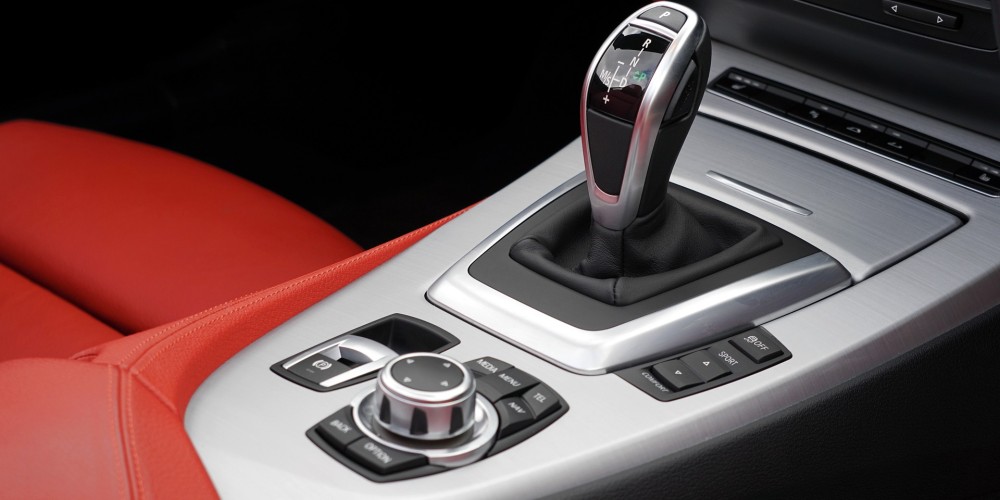Your show-off purchase is not your achievement

For many people, the pinnacle of their existence occurs when they rock up at the village of their birth in a gleaming new 4WD. Or when they hold the housewarming party (which, let’s admit it, is just a house showing-off party) at their new abode. Or when they place that new iPhone on the table when meeting friends.
Social media offers many smaller opportunities to show off. Instagramming a photo of your meal at that swanky place, so that everyone knows where you eat. Tweeting a photo of yourself perched on an airplane seat, so that the world understands you are now part of the jet-set. Casually mentioning Harrods on Facebook, to clarify where you shop these days.
Why do we do this? These are all signals. We are communicating something to our worlds: that we have arrived; that we are part of the elite; that we can afford things others only dream about. We do it for the looks of naked envy; for the gasps of appreciation; for the praise of newfound acolytes. It works, because there are plenty out there just like us, whose only sense of accomplishment is in things that are purchased.
Forgive me for not joining in the applause.
Forgive me for wondering whether your new car is an achievement by you or by some very capable Germans thousands of miles away. Forgive me for praising Steve Jobs and his company rather than you when I see your new iPhone. Forgive me for clapping for Harrods for being able to attract millions of shoppers every year, rather than for you for being one of the throng.
I really see no reason why so many regard the consumption of goods and services as an achievement, when the real accomplishment is in their production.
Sure, you have to have purchasing power in order to shop for expensive stuff. But purchasing power can come in many ways. It can be inherited from a hard-working parent. It can be stolen from the public purse. It can be squeezed out of an adulterous politician. Which of those things require applause?
Production, on the other hand, is hard work. To do it well, you have to think about what’s needed in the world, and deliver it. You have to be better at it than your competitors. You have to maintain high standards. You have to manage your operation efficiently. You have to innovate and break boundaries. All of those things are worthy of applause, when done properly.
Here’s why this stuff matters. We must not raise our children to aspire just to be consumers; we must raise them to be productive. Too many children are being brought up to be overfed and overindulged, whose only ambition is to be able to shop in Dubai malls. That would be a catastrophic mistake. Children must understand how genuine wealth is generated, not just how it is squandered. The ability to consume is a byproduct of being productive. It is not the point of life.
Are you willing to go even deeper than that in understanding the nature of true accomplishment? Hold my hand, let’s go.
So you want to play big? You can’t play big for yourself, for you yourself are nothing. Just a particular collection of molecules, soon to be dispersed. In the end, you will just be dust and ashes. The only thing that will remain is the wisdom of the words you uttered, the impact of your actions, the effect of your kindnesses. A big life is a generous life, a giving life, a life that leaves a mark. On others, not on yourself.
You can’t play big for yourself; only for the world and for history. We don’t have meaning in ourselves, only in the contributions we make to everyone’s existence. So think that over. Your achievements, your procurements, your advancements are of minor importance. They are only the sideshows in a bigger deal: the deal of living a life of meaning.
Buy the great car when you can, by all means. But remember it’s a mere possession. If it’s an accomplishment, it isn’t your accomplishment. You merely affirmed it; you played no role in creating it. Only the mediocre are judged by their purchases. The accomplished are judged by what they achieve for others. And the wise? Their reward or result does not even come in this lifetime. They know that, and keep working. They are judged by history, long after they are gone.
(Sunday Nation, 14 August 2016)
***
UPDATE (Monday 15 August):
Since this article was published yesterday it has received a great deal of attention, for many reasons. Some clarifications are necessary.
First, it became linked to individuals on social media as though it were written about them. This was never my intention. My writing tries to address themes and patterns rather than target individuals. It is not a productive form of debate to attack people rather than issues. I am sorry if anyone has had their feelings hurt or felt victimised.
Second, some folks have pointed out that I myself am guilty of part of the behaviour I decried – of posting examples of meals, holidays, etc on social media. I have reflected on this and would like to hold my hands up and say I can see how this would look like sheer hypocrisy. In my own eyes, I was always highlighting the excellence of the product rather than the fact that I was consuming it – I take no pride in the consumption. However, I can see how that sends out a mixed message, and equally that I should allow others the same nuance. I am sorry if I come across as hypocritical in this matter. I will learn from it. We are all flawed by nature, and can only improve by learning from experiences.
The bigger point of my article, however, was to highlight the need to focus society on the primacy of production over consumption. I hope most readers focused on that message. As the article pointed out, there is nothing wrong in consuming great products. The mistake is in thinking of their consumption as your achievement rather than that of the producer. I stand by that point unreservedly and continue to push it in all my work.

Buy Sunny Bindra's new book
The X in CX
here »
Popular Posts
- You are who you hang out withSeptember 28, 2025
- Why your mother was right about your anxietyOctober 12, 2025
- Born knowing the waySeptember 21, 2025
- The balance sheet that mattersOctober 5, 2025
- The art of the CX rescueSeptember 14, 2025















